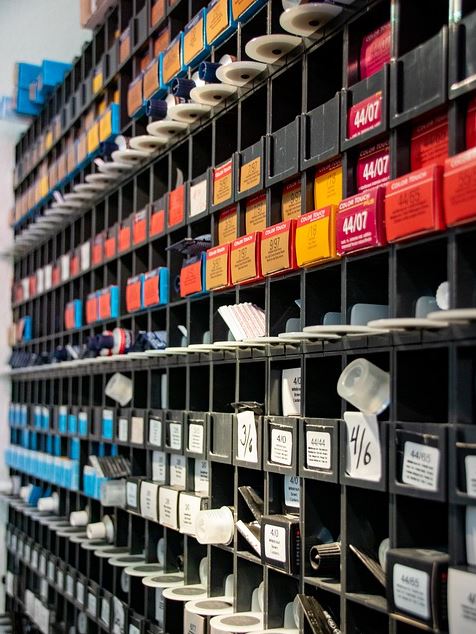Who was Eugène Schueller?

Eugène Paul Louis Schueller was a French pharmacist and entrepreneur who founded L'Oréal, the world's leading cosmetics and beauty company. He uses science to enhance beauty. He anticipates consumer expectations by developing the first safe hair dye. He is the creator of the beauty that moves the world.
Childhood
Eugene Schueller was born in the year 1881. Eugene's parents were pastry chefs in Paris, and they had taught him since childhood that he would undoubtedly carry on their family business. The boy's family put money into the construction of the Panama Canal. However, both the investment and the business were lost. They miss life in the capital of France and have moved to Nelly's town. They did not get along with the business organization again, and the family moved to Alsace. Eugene worked in a variety of jobs in order to support his family. He studied chemistry, read books, and conducted experiments in his spare time.
Education
Eugène Schueller, born in the latter half of the nineteenth century to two Parisian pastry shop owners, grew up to be an exceptionally studious and hardworking young man. He would get up early every day to help his parents prepare the pastries before going to school, where he excelled in all of his classes. Still, it was an unlucky start for someone who would go on to build one of the world's great fortunes.
Schueller saved money in order to get an appropriate education and pursue his passion. At the age of 19, the young man enrolls in a chemical and technological school, where he spends three years graduating. He will then be hired as a laboratory assistant at the University of Sorbona. The groundwork for Schueller's future company is laid at this point.
After completing his Baccalauréat (roughly two years of college), he enrolled in the Institute of Applied Chemistry, where, he boasted, "I succeeded brilliantly and finished first in my class." After graduating in 1904, he worked as a laboratory assistant at the Sorbonne. That appeared to lay the groundwork for a respectable but not particularly lucrative career as a university researcher.
Connections
Schueller was a hard worker with a restless mind. As if running his company wasn't enough to keep him busy, he was always looking for new ways to organize industry, the economy, and politics. He dabbled with socialist ideology in his early days. Following that, he joined the Freemasons, briefly immersing himself in the secretive cult of intellectual humanism before leaving three years later. And he would soon become a vehement opponent of Freemasonry, as well as Jews and republicanism.
The charismatic Cagoule leader Eugène Deloncle recruited Schueller as a member of his group after being drawn to his ideas and, no doubt, his deep pockets. Schueller provided financial assistance and office space for the Cagoule at L'Oréal.
View this post on Instagram
After using the paint for hair without harmful impurities, the scientist obtained a stable shade that was almost indistinguishable from the natural shade of hair. Schueller's wife was thrilled with the first product she tried. So Eugene realized he needed to make money with paint, first offering to use it to a familiar hairdresser, and he already began to advise him to his clients and friends. He is the first to advise conducting skin tests for an allergic reaction in the publication "The Parisian Barber" issued with Tatiana Savoy about hair coloring. Soon, this chemist's paint becomes well-known and attracts a large number of customers. Schueller renamed the company "L'oreal" for short in 1909. In 1928, he purchased the company «Monsavon», which manufactured toilet soap. Firm it was almost ruined because most French people did not use it, so it was not in high demand. Eugene, on the other hand, invests in a radio program that informs all listeners about personal hygiene rules, and toilet soap is critical for adhering to them. As a result, the scientist makes this product extremely popular. His next invention, sunscreen lotion, debuted in 1936 and quickly became popular. In 1947, a new hair paint was developed for home use, simplifying the procedure of hair coloring and saving money on beauty salons. Eugene dies in 1957, and his business is carried on by his daughter Lillian Betancourt. L’Oréal is a major cosmetics manufacturer whose history began with the invention of hair dye by Eugene Schueller. L’Oréal is now rightfully ranked among the world's largest cosmetics and perfume companies. Path to the Top

